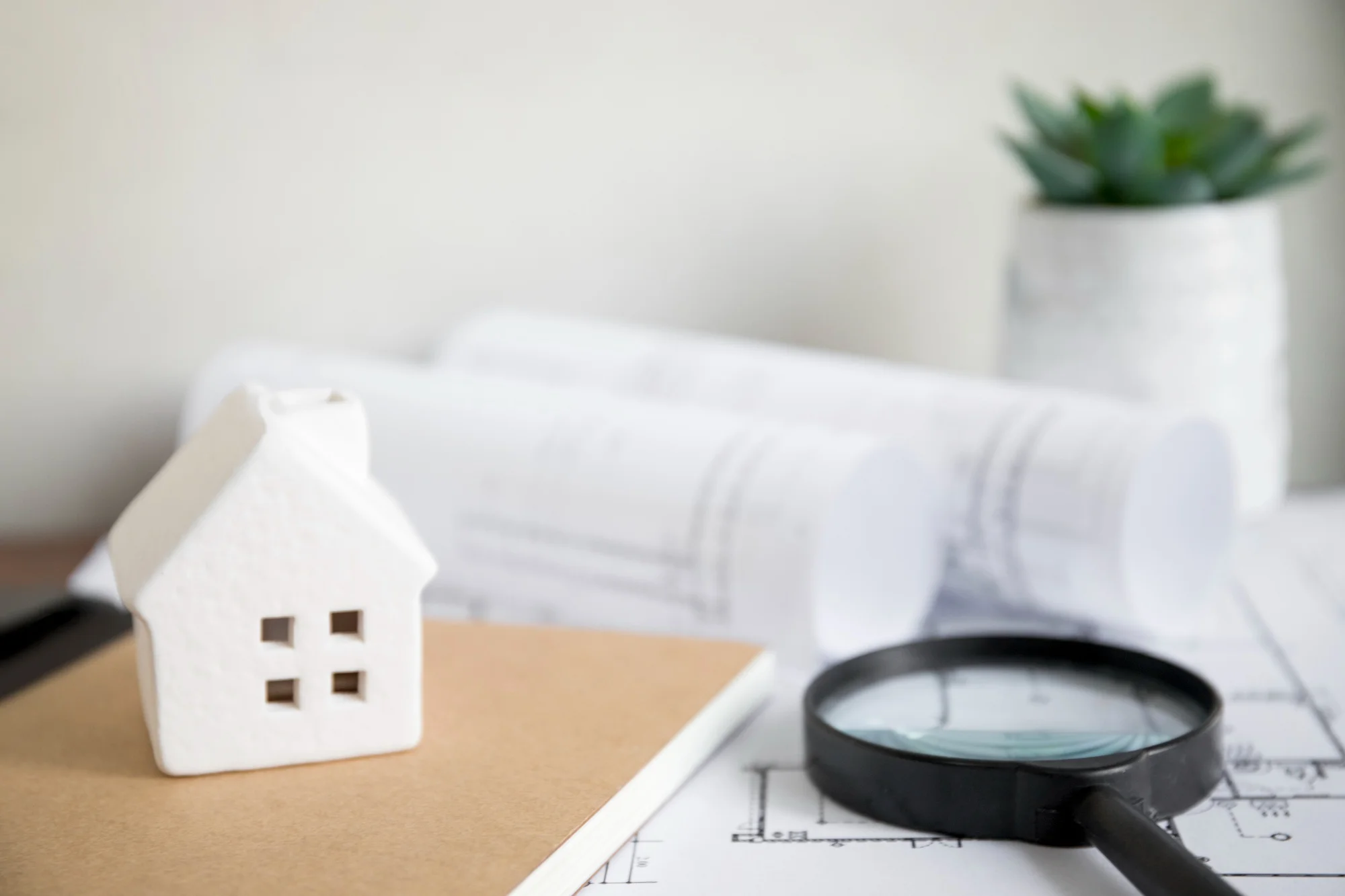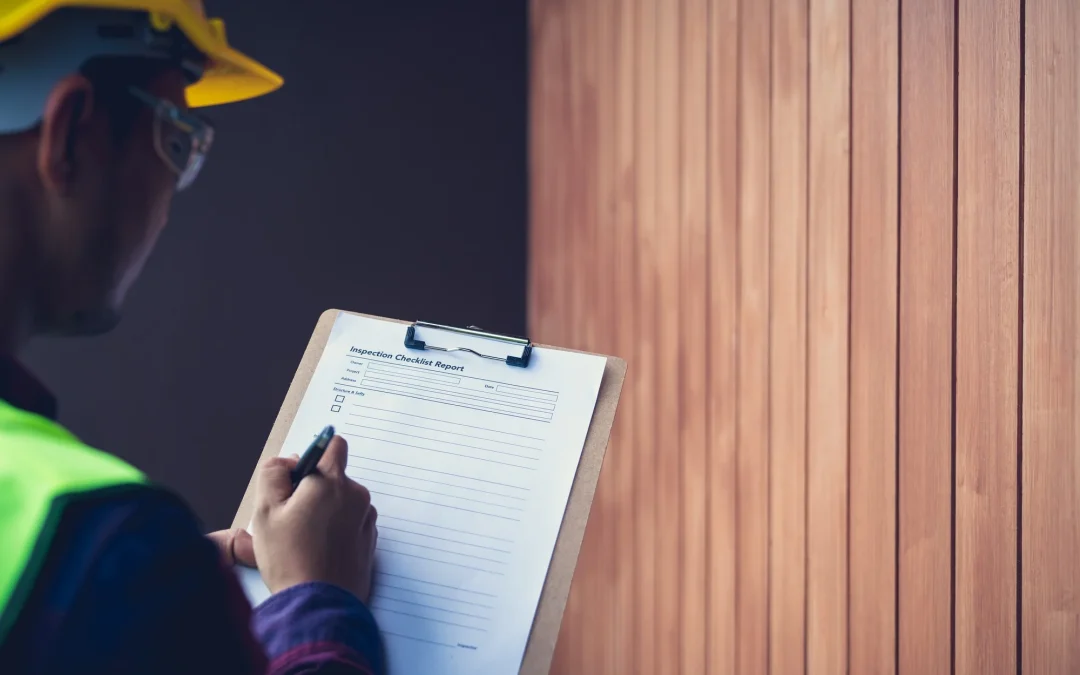A home inspection is a thorough examination of a property’s condition conducted by a certified and reputable professional. Inspectors evaluate the structural components, electrical, plumbing, roofing, and HVAC systems.
A crucial step in purchasing a home is the home inspection. This type of evaluation helps you identify potential issues and ensure that buyers are making a well-informed decision. Let’s explore what influences the price and what you can expect when budgeting for this important service.
The Importance of Home Inspection?
A home inspection provides peace of mind by revealing potential issues before finalizing the purchase. It can prevent unexpected expenses and help negotiate repairs or price adjustments with the home’s seller.
Especially for the seller, an inspection can identify problems to address before listing, potentially increasing the home’s market value and reducing the risk of surprises during the sale process. Many factors can influence a home inspection and determine the cost. You may have questions like “How much do inspections cost?” or even want to know more about “new construction home inspection cost.”
Factors Influencing Home Inspection Costs in Texas
Size and Age of the Home
Remember that larger homes take longer to inspect and require more detailed evaluations, increasing costs. Additionally, older homes might have more issues due to wear and tear, necessitating a thorough inspection.
Location
Inspection fees are generally higher in urban areas with a higher cost of living. Rural areas might have lower payments, but inspectors might charge extra for travel expenses if the property is more remote. So, discuss the cost with your inspector so you are on the same page.
Inspector’s Experience and Qualifications
Highly experienced and well-qualified inspectors often charge more for their expertise, but the quality of their work factors into the price they list so that you will get a service worth the cost.
In addition, certified inspectors from recognized bodies like the Texas Real Estate Commission (TREC) might command higher fees due to their credentials.
Scope of the Inspection
Basic inspections will cover essential aspects of the home, but additional services like termite inspections, mold testing, or radon testing can increase the cost.

How Much is A Home Inspection in Texas?
Typically, a home inspection in Texas ranges from $300 to $500, accounting for the abovementioned factors.
For instance, a small, modern home in a suburban area might be on the lower end of the expected cost, while a large, older home in an urban area could be on the higher end of your budget. Here’s a more detailed breakdown of the average cost:
- Small Homes (under 1,000 square feet): $200 to $350
- Medium Homes (1,000 to 2,000 square feet): $300 to $450
- Large Homes (2,000 to 3,000 square feet): $400 to $550
- Very Large Homes (over 3,000 square feet): $500 and up
Additional inspections, such as for pests or environmental hazards, generally cost between $50 and $200 each, depending on the company you use.
Is home inspection included in closing costs if you are buying a home? Check with the seller and the inspection company to avoid surprises.
So, when you contact a home inspection company, ask about the inclusions in their home inspection services.
Why Is Investing Worth It?
These types of investments can be difficult and worrying, causing some buyers to hesitate to spend several hundred dollars on an inspection, but the potential benefits far outweigh the costs. Here are some reasons why:
- Uncover Hidden Issues
- Inspections can reveal problems that are not immediately apparent, such as structural damage, faulty wiring, or plumbing issues.
- Negotiation Leverage
- If the inspection report uncovers significant issues, buyers can use this information to negotiate with the seller for a better price on the home.
- Peace of Mind
- Knowing the exact condition of the property provides peace of mind, allowing buyers to make informed decisions and plan for future maintenance or improvements.
- Future Planning
- Inspections offer valuable insights into the lifespan of various home systems and components, helping buyers budget for future repairs and replacements.
Tips for Choosing a Home Inspector
- Check Credentials
- Ensure that the Texas Real Estate Commission licenses the inspector.
- Look for additional certifications from organizations like the American Society of Home Inspectors (ASHI) or the International Association of Certified Home Inspectors (InterNACHI).
- Read Reviews
- Look for reviews and testimonials from previous clients to understand the inspection company’s work.
- Ask for references and follow up with them to gauge satisfaction with the inspector’s services.
- Compare Prices
- Get quotes from multiple inspectors to compare costs, services, and discounts or deals.
- Be wary of significantly lower prices, which may indicate a less thorough inspection or inadequate service.
- Ask About Experience
- Inquire about an inspector’s experience with homes similar to what you’re purchasing.
- An inspector familiar with your property type can identify common issues more effectively.
Do you need assistance with inspecting your new home? Contact Kissee Inspection Services, a professional innew home inspections! Our comprehensive assessments of residential properties provide recommendations for upkeep or improvements and expert advice and guidance for homeowners who delve into home inspection services.




